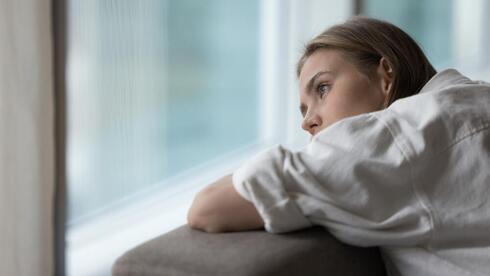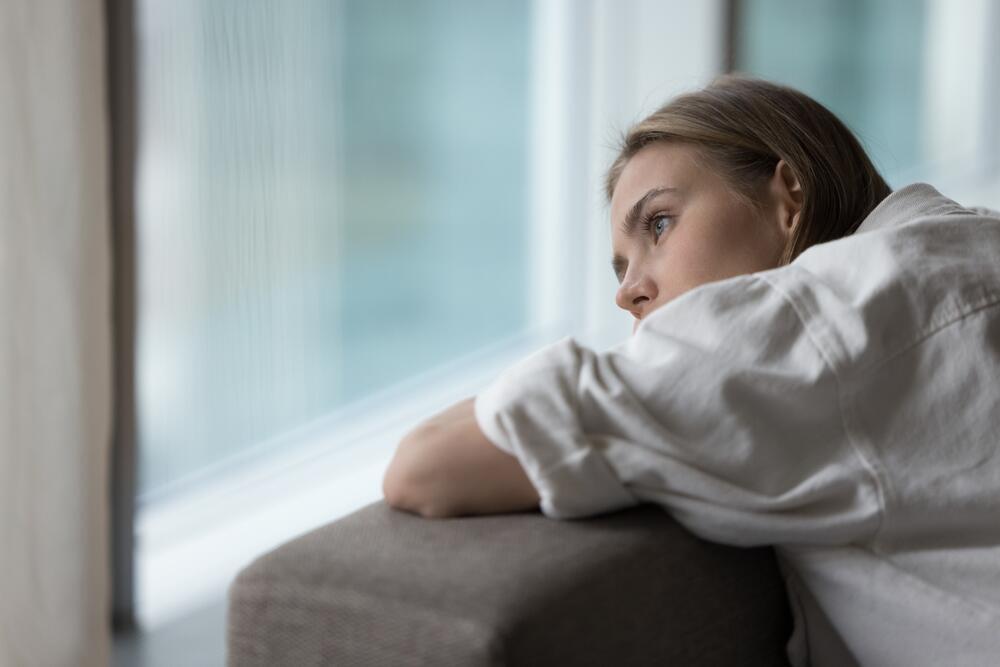
how loneliness is killing millions
“There are no blood tests or scans to diagnose it, but everyone who’s experienced loneliness recognizes it immediately,” said Dr. Idit Gutman, a clinical psychologist at Tel Aviv University. “It weighs on you, affects your breathing and your body, and drains your energy. It’s a hidden epidemic.”
Gutman described loneliness as “a subjective feeling of dissatisfaction with one’s social relationships.” While it often overlaps with social isolation, she said the two are not identical. “You can be alone without feeling lonely—or surrounded by people and still feel desperately isolated.”
Beyond the emotional toll, Gutman said, loneliness triggers a biological stress response similar to physical danger. “The body reacts to loneliness or social rejection exactly as it does to pain,” she said. Research has shown that even simulated social exclusion activates the same brain regions responsible for processing physical pain.
The physical effects can be widespread. Lonely people, she said, often experience disrupted sleep and higher rates of cognitive decline, dementia, and memory problems. “There’s also a decrease in oxytocin, the neurochemical linked to human touch and bonding,” she said. “Over time, a kind of numbness develops—an automatic defense mechanism against prolonged stress.”
Gutman noted that the consequences go beyond brain chemistry. “People who feel lonely are more likely to comfort themselves with sugary foods. Those who have active social circles take better care of themselves—they have someone to get up for, to dress for, to care for,” she said. “Lonely people don’t have that.”
The physical impact can even reach the heart. “The ‘broken heart syndrome’ isn’t just a poetic phrase,” Gutman said. “It’s a real medical condition. People who lose a loved one face a significantly higher risk of death in the months afterward. We’re social creatures—we need other people as much as we need oxygen.”
Studies show loneliness carries a health risk equivalent to smoking 15 cigarettes a day, Gutman added. “It’s more dangerous than alcoholism and twice as dangerous as obesity,” she said. “People constantly worry about being overweight, but from a health standpoint, it’s better to eat or drink too much with friends than to feel completely alone.”
The paradox, Gutman said, is that loneliness is spreading in an age of constant digital connection. “We’re surrounded by WhatsApp groups, online communities, and social media feeds, yet we’re lonelier than ever,” she said. “Virtual presence is not face-to-face connection. Whatever anyone says, artificial intelligence cannot replace a real friend.”
Physical presence and touch, she said, synchronize biological systems in ways technology cannot replicate. “When people interact face to face, their heart rates and brain activity align. That kind of connection doesn’t happen online.”
Gutman said broader social changes also play a role. “People move more easily now, leave communities, and maintain relationships from afar. It’s become technically simpler and more accepted to live without roots, but that has a cost,” she said.
In Israel, she added, loneliness has deepened in recent years, especially after the COVID-19 pandemic and the ongoing war. “People lost their sense of solidarity,” she said. “Communities were evacuated in the north, families split over politics, friends emigrated, and divorce rates climbed. Even when the reasons appear economic or security-related, loneliness is almost always human at its core.”
According to Gutman, social stress is among the strongest pressures people face. “Behind worries about money or health, there’s often another person,” she said. “Divorce, unemployment, losing coworkers—these aren’t just logistical problems. They remove daily human contact, and that hurts both mental and physical wellbeing.”
Gutman said culture shapes how loneliness is experienced. “In Israel, expectations are higher than in the United States. People assume everyone else has lifelong friends or close-knit circles, so if you don’t, you feel left out,” she said.
But strong communities can act as protection. “Kibbutzim are like green zones,” she said. “People live longer there because they stay active and connected. Older adults work as long as they can, eat together, and remain part of daily life. Those routines—the shared meals, the familiarity—are crucial to health.”
There is no instant cure, Gutman said, but action helps. “You need to make an effort to connect. Join a group, volunteer, attend a class, take part in something regular,” she said. “Friendships take time—the most important factor is consistency. Just like children become friends with those they see often, adults build bonds through shared time.”
She also urged people to question social media’s illusions. “It looks like everyone else has endless friends and invitations, but that’s an illusion. Most people have to work at it, to reach out even when it’s hard,” she said. “And if it feels impossible, a psychologist can help find a way forward.”
First Appeared on
Source link







